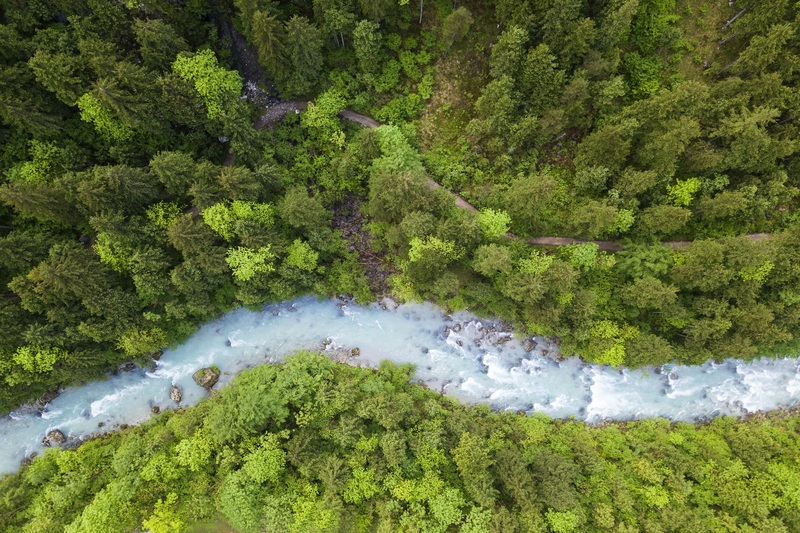All energy efficiency solutions for the Group offices

To achieve sustainable development, capable of meeting the needs of present generations without jeopardizing the ability of future generations to meet their own, attention to the environmental impact of our activities is a fundamental aspect to guide our decisions.
In light of this, to pursue a progressive reduction of carbon dioxide emissions, for several years now, the Sella group has been choosing to focus on greater energy efficiency and a lower environmental impact.
All the electricity used by our Group in Italy, for example, is "green" energy. The provider is Compagnia Valdostana Delle Acque Trading s.r.l. (CVA Trading) which certifies the «Guarantee of Origin», that is to say, that the electricity comes from renewable sources.
The Group further contributes to its energy needs thanks to 17 photovoltaic plants installed on the roofing of offices and branches scattered throughout Italy. More in detail, the 17 photovoltaic systems in 2020 produced 372,426 kWh with a saving of 197,758 kg of carbon dioxide emissions in the environment.
The HQs building of the Sella group, inaugurated in 2010, was also built in compliance with modern eco-sustainability and reduction of the environmental impact criteria. The building has a solar thermal plant for the production of hot water and two photovoltaic plants allowing for a significant decrease in natural gas and electricity consumption and the related emissions.
In 2020, the painting of the facades of the via Italia building in Biella took place using Airlite paint: an innovative product that allows absorbing the concentration of atmospheric pollution up to 90%. The surface treated with this paint, amounting to 3,500 square meters, can reduce a daily pollution rate equal to that produced by 748 Euro 6 gasoline cars, thus decreasing the concentration of formaldehyde in the atmosphere by 90,1%, in addition to allowing the absorption of up to 165 kg of CO2.
At the Group premises, free (still and sparkling) water dispensers encourage the use of water bottles, such as those with the Sella logo distributed to all the Sella Team members through the Simplehero initiative, for fostering the saving of plastic consumption linked to the purchase of bottles.
The S32, the building in Milan housing the Fintech District community received the LEED (Leadership in Energy and Environmental Design) "Platinum" certification, the highest level, characterizing buildings that make efficient use of resources, use less water and energy and reduce greenhouse gas emissions allowing to save management costs. LEED certification provides a set of standards for evaluating environmentally sustainable buildings and it is currently the most widely used voluntary building certification system in the world. LEED certification provides a set of standards for evaluating environmentally sustainable buildings, and it is currently the most widely used voluntary building certification system in the world.
The individual companies of the group have also developed independent initiatives to reduce their environmental impacts, referring to both consumption and the design of workspaces. Among these, the home automation system at various offices of Banca Patrimoni Sella & C. the choice of LED lighting fixtures, the recycling of equipment used through collaboration with external partners in Centrico Selir stand out. In 2020, as a result of the pandemic and the adoption of smart working, disincentives to the use of paper continued, when printing was not mandatory. During the year, the number of unprinted sheets was 6,218,793, thus saving 78 trees from felling.
The attention to the environment of the Sella Group also applied to the supply chain. In 2020: over 50% of the office material used was of low environmental impact, digital subscriptions to newspapers and magazines have reached the 95.13% of the total, an increase compared to 88% in 2019. Support for the territory also reflected in the choice of local suppliers in Italy (84%), India (86%) and Romania (63%).